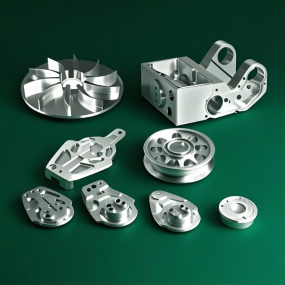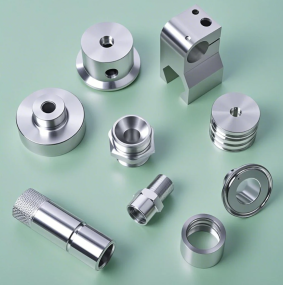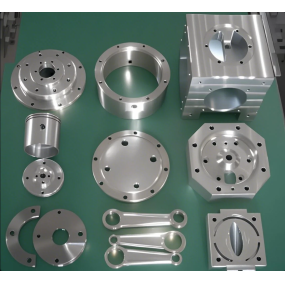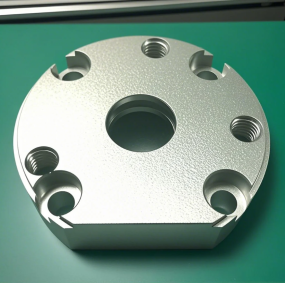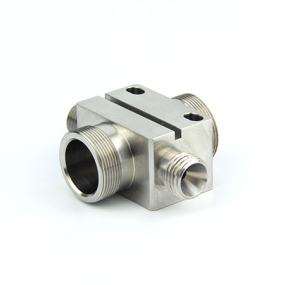Precision stamping gasket is mainly used for electronic instruments, mold making, precision machinery, hardware parts, mechanical parts, stamping parts, and small hardware production. When repairing molds, measuring gaps in molds, and experiencing shaking, shaking, and instability due to mechanical aging, gaskets can be used to solve machine repair problems.
Regardless of the type of gasket, to ensure long-term effective sealing in harsh operating environments, it must have the following eight important characteristics:
1. Airtightness: For the medium of the sealing system, precision stamped gaskets will not leak for a certain period of time at the recommended temperature and pressure.
2. Compressibility: The contact surface between the gasket and the flange should be able to fit well after the connecting bolt is tightened to ensure sealing.
3. Creep resistance: Under the influence of pressure load and operating temperature, the creep resistance of the gasket should be good, otherwise it will cause loss of bolt torque, reduce the external stress of the gasket, and then the hard gas system will leak. 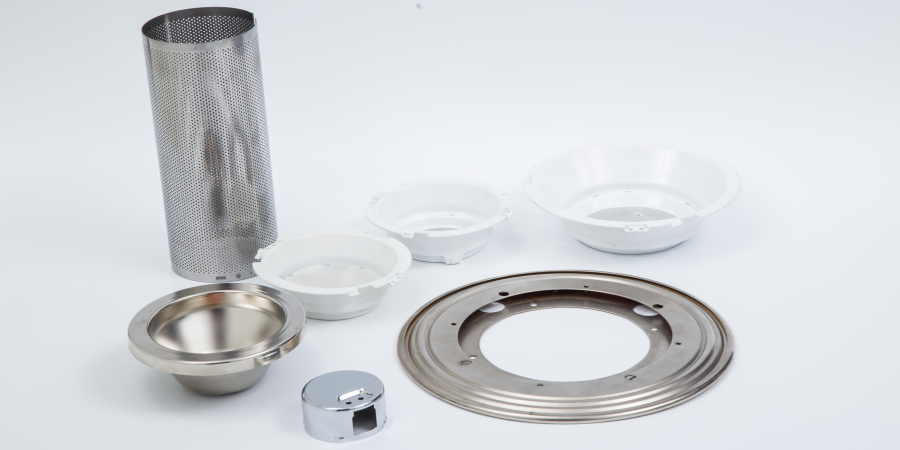 4. Chemical corrosion resistance: The selected precision stamping gasket should not be corroded by chemical media and should not contaminate the media.
4. Chemical corrosion resistance: The selected precision stamping gasket should not be corroded by chemical media and should not contaminate the media.
5. Resilience: Even in a stable system, there will definitely be slight displacement between the two connected flanges due to temperature and pressure effects. The elastic function of the gasket should be able to compensate for this displacement to ensure the sealing of the system.
6. Anti adhesion: The gasket should be able to be easily removed from the flange after use without adhesion.
7. Non corrosive: The gasket should be non corrosive to the surface of the connected flange.
8. Temperature resistance: The selected gasket should ensure normal operation at the lowest and highest temperatures of the system.
This article is from EMAR Mold Co., Ltd. For more EMAR related information, please click on www.sjt-ic.com,


 Spanish
Spanish Arabic
Arabic French
French Portuguese
Portuguese Belarusian
Belarusian Japanese
Japanese Russian
Russian Malay
Malay Icelandic
Icelandic Bulgarian
Bulgarian Azerbaijani
Azerbaijani Estonian
Estonian Irish
Irish Polish
Polish Persian
Persian Boolean
Boolean Danish
Danish German
German Filipino
Filipino Finnish
Finnish Korean
Korean Dutch
Dutch Galician
Galician Catalan
Catalan Czech
Czech Croatian
Croatian Latin
Latin Latvian
Latvian Romanian
Romanian Maltese
Maltese Macedonian
Macedonian Norwegian
Norwegian Swedish
Swedish Serbian
Serbian Slovak
Slovak Slovenian
Slovenian Swahili
Swahili Thai
Thai Turkish
Turkish Welsh
Welsh Urdu
Urdu Ukrainian
Ukrainian Greek
Greek Hungarian
Hungarian Italian
Italian Yiddish
Yiddish Indonesian
Indonesian Vietnamese
Vietnamese Haitian Creole
Haitian Creole Spanish Basque
Spanish Basque

